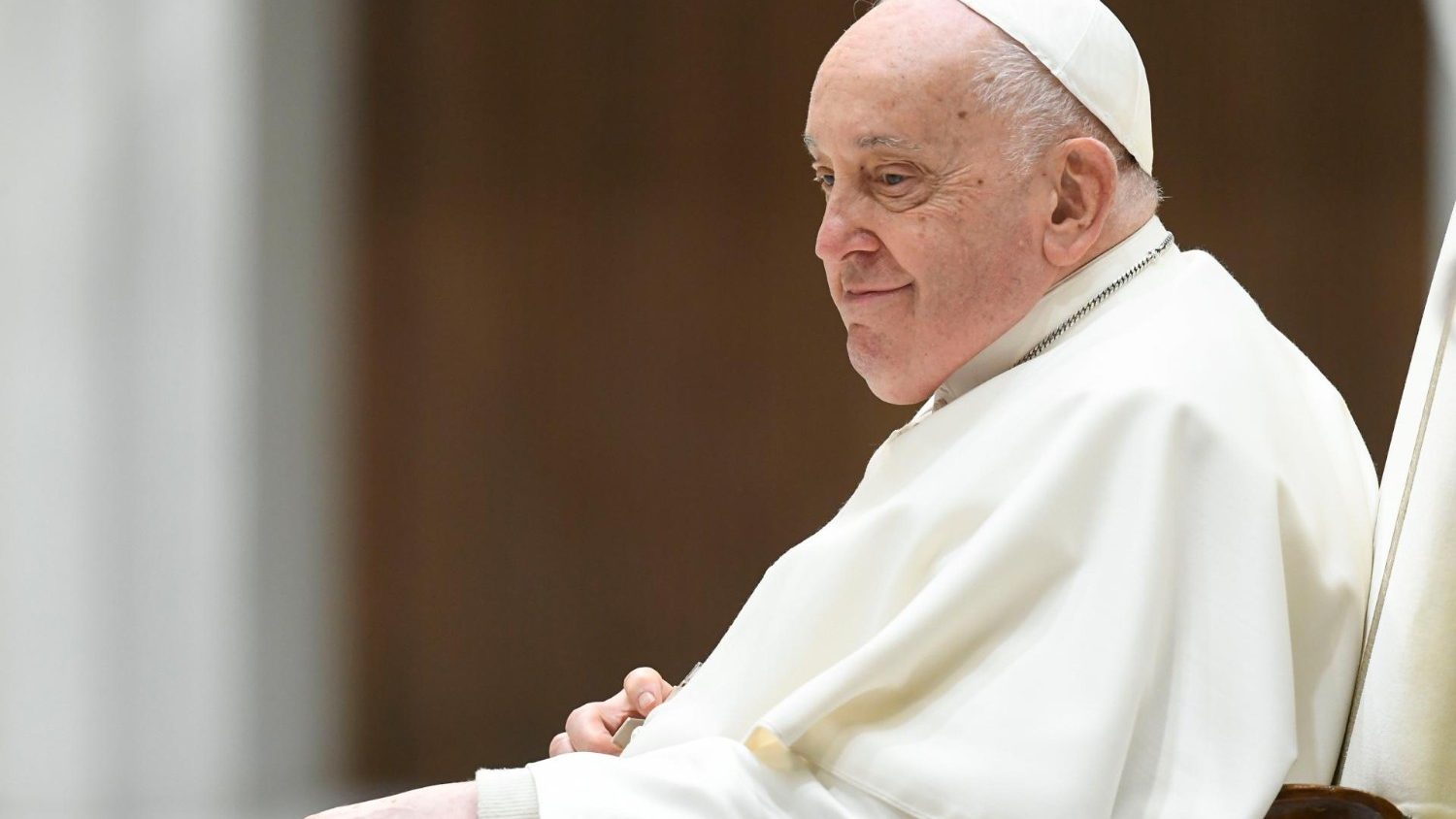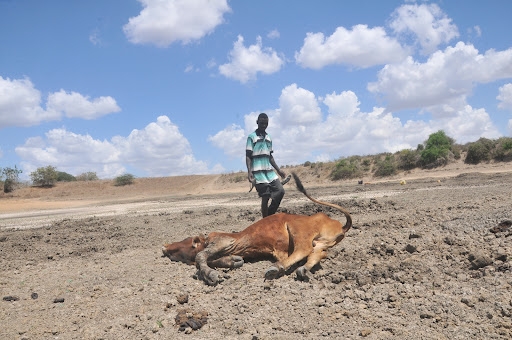

The late Pope Francis, born Jorge Mario Bergoglio on
December 17, 1936, in Buenos Aires, Argentina, was the 266th pope of the Roman
Catholic Church.
He was also the head of the Vatican City
State.
He became pope on March 13, 2013, following the resignation of Pope Benedict XVI, becoming the first pope from the Americas and the first Jesuit pope.
He was the first pope from the Society of Jesus (the Jesuit Order), the first from the Americas and the Southern Hemisphere, and the first born or raised outside Europe since the 8th-century Syrian pope Gregory III.
Before his papacy, Pope Francis served as the Archbishop of
Buenos Aires and was a cardinal in the Vatican.
Throughout his life, Pope Francis was known for his
simplicity, choosing to live in a modest guesthouse rather than the papal palace,
and for his focus on issues such as poverty, inequality, and the environment.
One of his key messages was the importance of mercy and
dialogue, both within the church and with people of different faiths.
During his reign, he called for a more inclusive church, one
that reaches out to the marginalised and promotes peace and reconciliation.
His papacy was also been marked by efforts to address the
sexual abuse crisis within the Church, though these efforts have drawn both
praise and criticism.
Why was he called
Pope Francis?
Pope Francis chose his papal name in honour of St. Francis of
Assisi, one of the most beloved saints in Catholic history.
St. Francis was known for his deep commitment to poverty,
humility, and compassion for the poor and marginalised.
By adopting this name, Pope Francis signified his desire to
lead with humility and to prioritise the care for the poor and the environment,
just as St. Francis did in his life.
St. Francis of Assisi also famously embraced a life of
simplicity and service, and by choosing this name, Pope Francis signalled a
break from the traditional papal names often associated with power and
authority, instead focusing on themes of peace, humility, and social justice.
Election
Bergoglio was elected pope on 13 March 2013, the second day
of the 2013 papal conclave, after which he took the papal name Francis.
He was elected on the fifth ballot.
The Habemus papam announcement was delivered by the cardinal
protodeacon, Jean-Louis Tauran.
Cardinal Christoph Schönborn later said that Bergoglio was elected
following two supernatural signs, one in the conclave—and hence
confidential—and one from a Latin-American couple, friends of Schönborn at
Vatican City, who whispered Bergoglio's name in the elector's ear; Schönborn
commented "if these people say Bergoglio, that's an indication of the Holy
Spirit".
Instead of accepting his cardinals' congratulations while
seated on the papal throne, Francis received them standing, reportedly an
immediate sign of a changing approach to formalities at the Vatican.
During his first appearance as pontiff on the balcony of
Saint Peter's Basilica, he wore a white cassock, not the red, ermine-trimmed
mozzetta used by previous popes.
He also wore the same iron pectoral cross that he had worn
as archbishop of Buenos Aires, rather than the gold one worn by his predecessors.
After being elected and choosing his name, his first act was
bestowing the Urbi et Orbi blessing on thousands of pilgrims gathered in St.
Peter's Square.
Before blessing the crowd, he asked those in St. Peter's
Square to pray for his predecessor, "the bishop emeritus of Rome"
Pope Benedict XVI, and for himself as the new "bishop of Rome".
Francis held his papal inauguration on 19 March 2013 in St.
Peter's Square.
He celebrated Mass in the presence of political and
religious leaders from around the world.
In his homily, Francis focused on the Solemnity of Saint
Joseph, the liturgical day on which the Mass was celebrated.














